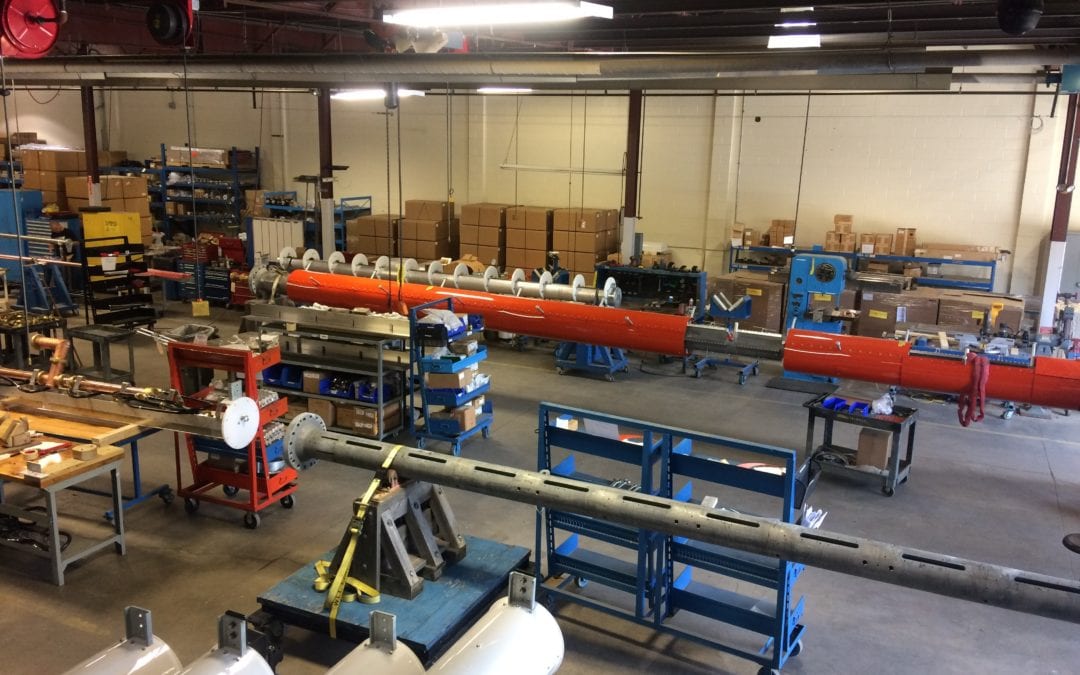By Harvey Arnold, Vice President of Engineering, Sinclair Broadcast Group
There have been a lot of misleading claims made lately on the impact that Sinclair’s acquisition of Tribune will have on the FCC’s repack process. Opponents to our merger are fabricating tales that the combined Sinclair/Tribune will intentionally delay completion of the repack. Nothing could be further from the truth. As Sinclair’s lead engineer, I want to set the record straight.
The Tribune deal has no impact on the timing of the repack completion. The repack process started months ago, when I assembled a team of over 20 professionals to tackle repacking 98 stations. We are proud to say that Sinclair is currently on schedule to meet all of its Phase Completion Dates. We have submitted orders for our first 20 high power antennas, and are ready to submit orders for more, but are awaiting permission from the FCC to maximize our power and antenna patterns. We have kept the FCC’s Media Bureau regularly updated on our progress, and I believe they fully understand the investment of time, expertise and other resources we are making in this effort. While we can’t and don’t speak for Tribune today, we understand that their engineers are working just as diligently as we are to meet their Phase Completion Dates.
Sinclair has neither the ability nor the incentive to slow down the repack. There is no formal mechanism for any broadcaster to single-handedly slow down the repack. The current FCC rules allow it to immediately force any station off the air if it fails to meet a Phase Completion Date (with very few, highly technical exceptions). So “delaying the repack” means, as a practical matter, the pointless and, indeed, suicidal act of losing our audience, advertisers, and other revenue streams. To what end? None of our opponents have articulated a cogent rationale as to why we would slow down the repack. Because there isn’t one.
To the contrary, Sinclair wants the repack to be completed quickly and efficiently. Without a completed repack, we can’t roll out Next Gen TV as efficiently as we would like to. As the ATSC 3.0 technology standard becomes finalized and approved by the FCC, the implementation can most efficiently happen in conjunction with the repack. Delaying the repack would mean delaying a smooth rollout for Next Gen TV for consumers. We are very excited about the competitive services that Next Gen TV can offer consumers, including new mobile video services. Having spent years in leading the development of this technology, we have no incentive to delay its implementation.
Our ownership of Dielectric is actually helping the repack. We own Dielectric, the largest TV antenna manufacturer in the U.S., which is a supplier of antennas to approximately 80% of the market. Our opponents claim that we will use this leadership in the industry to (inexplicably) not sell broadcasters the new antennas they need to repack. Huh? We bought Dielectric to be in the antenna building and selling business, not to not-build and not-sell antennas. In fact, Dielectric recently opened a second factory that will employ 50 people and enable Dielectric to produce 1,300 UHF main and auxiliary antennas for this repack. What most people don’t know is that we bought Dielectric at a time when it was insolvent, about to be shut-down by its corporate parent due to an FCC freeze on granting new licenses. Apparently we were the only interested buyer, and if we had not made this investment and assumed its operating losses, this critical manufacturing capacity would be severely limited today, which would make the repack much more expensive and delay its completion.
So don’t believe anything you hear about Sinclair delaying the repack. It’s all nonsense, motivated by companies that couldn’t care less about the future of broadcasting. I’ve dedicated my entire career to broadcast engineering and consider it a crowning achievement to shepherd Sinclair successfully through this challenge. And on schedule!


